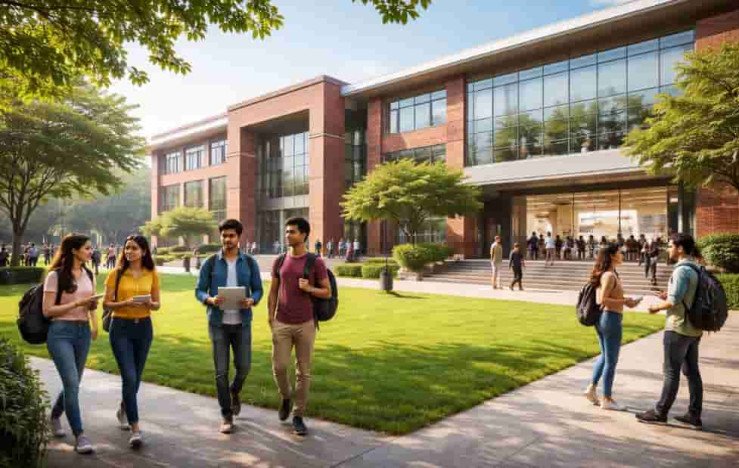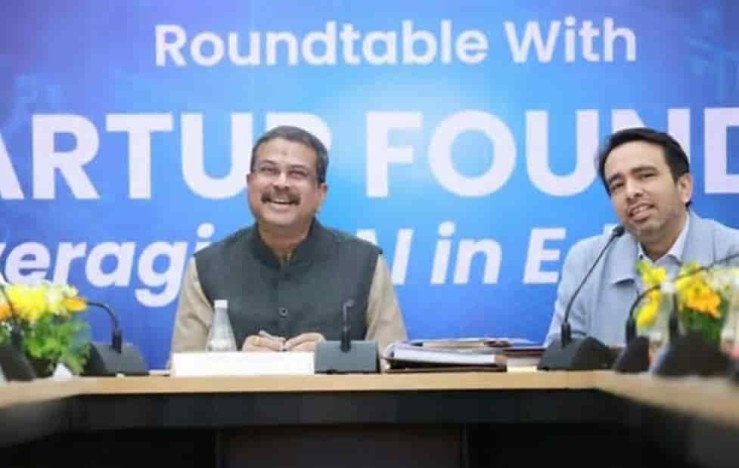Last Updated Nov - 24 - 2025, 05:41 PM | Source : Fela News | Visitors : 11
Weekly roundup of major reforms, security updates and policy changes crucial for UPSC-exam preparation and awareness.

For aspirants of the Union Public Service Commission (UPSC) exam, staying updated with current affairs is non-negotiable. From 21 to 24 November 2025, a number of significant developments emerged affecting governance, security, labour reforms and global economic linkages. Being aware of these will give you an edge in essay writing, General Studies papers and interviews.
To begin with, Surya Kant was sworn in as the 53rd Chief Justice of India on 24 November. Knowing the appointment, tenure and constitutional basis (Articles 124–126) will help you tackle exam questions dealing with the judiciary and constitutional bodies. Meanwhile, the labour reform front saw a major update: the government reduced eligibility for gratuity payments from five years to just one year. This is relevant from the perspective of worker welfare, social justice and labour governance often appearing in GS papers.
Public health and occupational safety also made headlines. Under the unified labour code, annual health check-ups have become mandatory for workers aged above 40. The move underlines the government’s shift from mere regulation to preventive healthcare an emerging theme in welfare policy. On the security front, investigators uncovered a significant bust in connection with the November 10 blast in Delhi: a flour mill in Faridabad, electronic equipment and nearly 360 kg of ammonium nitrate were seized. This ties into internal security, terror-modules and explosive-precursors important elements for the UPSC internal security syllabus.
Digitally speaking, the Reserve Bank of India (RBI) announced that India’s UPI system will link with Europe’s TIPS settlement system, paving the way for faster cross-border digital payments. This move illustrates how fintech and global payment systems are evolving an increasingly important area for the exam’s economy and international relations sections.
Lastly, environmental governance surfaced again: in Delhi, GRAP (Graded Response Action Plan) enforcement led to nearly ₹85 crore in fines for air-pollution-related violations between mid-October and mid-November. Air-quality management, urban regulation and health impacts feature frequently in GS papers.
In sum, this week packed in updates across judiciary, labour, health, security, payments and environment. For UPSC aspirants, the key is not just to remember these updates but to connect them with wider themes (governance, welfare, security, globalisation). Mark them in your notes, relate to previous trends, and practice applying them in mock questions. With the exam drawing near, consistent current-affairs tracking is your strongest ally.

Feb - 20
India currently has 21 Indian Institutes of Management (IIMs) located across different states. These institutes are known for offering some of the ... Read More

Feb - 20
Union Education Minister Dharmendra Pradhan recently chaired a roundtable discussion with founders of Indian startups working in artificial intelli... Read More

Feb - 20
A controversy surrounding Galgotias University has escalated all the way to the Uttar Pradesh Assembly, as opposition lawmakers pushed for a probe ... Read More